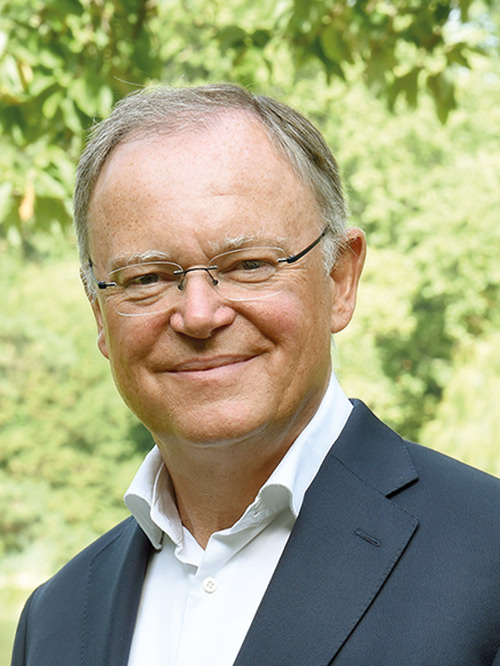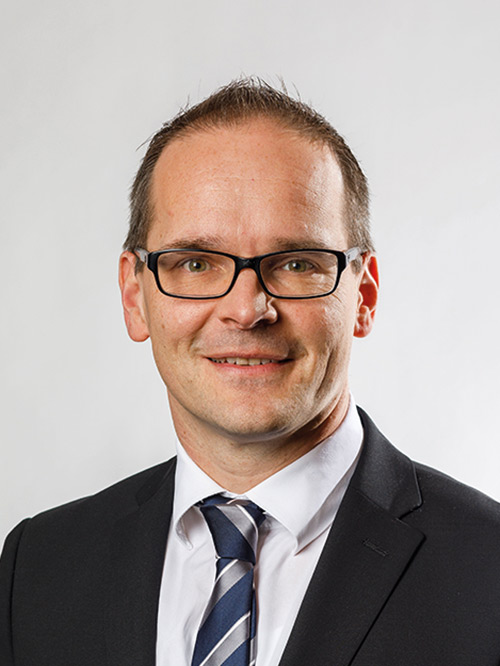Opening remarks
By Stephan Weil, Prime Minister of Lower Saxony/Germany

“Connect for Change“ was the motto of the international conference on global learning that brought together people from different parts of the world to connect with each other and exchange views on the role and importance of international education partnerships and projects. The participants had the opportunity to share their experiences, present their work and discuss how to further develop their approaches across borders.
I am very pleased that this conference, which was the product of the joint efforts of many actors in the field of education, attracted such broad and active participation. As Prime Minister of Lower Saxony, I would like to take this opportunity to emphasise that political institutions and actors from educational institutions and civil society are all working towards the same goal. Together, we are charting a common course towards a fairer, more sustainable world.
As is widely known, access to high-quality education is a key factor for global success, in addition to being of the 17 sustainable development goals of the United Nations. “Connect for Change“ has contributed to the realisation of this ambitious goal by supporting activists in their efforts to build and design new educational partnerships.
I wish you every success in continuing the dialogue initiated by this educational conference!
Opening remarks
By Grant Hendrik Tonne, Minister for Education of Lower Saxony/Germany

Numerous schools in Lower Saxony are involved in international school partnerships and organise global learning projects together with schools from all over the world. As Minister of Education and Cultural Affairs of Lower Saxony, it is a special pleasure for me to witness these diverse and vibrant international educational partnerships and projects. Challenges such as climate change can only be solved through global cooperation to achieve the UN’s 17 sustainable development goals, which should start with children and young people.
As part of the “Connect for Change“ project, teachers, young people and educators from schools and civil society groups in Lower Saxony and the Global South have drawn on their diverse experiences, engaged in critical reflection and inspired each other to further develop their global educational partnerships.
The present handbook contains a wide range of ideas and suggestions for how local and international educational actors can further enhance and support academic innovation processes in the spirit of transformative education. The handbook thus encourages discussion of key development issues:
How can non-hierarchical communication educational partnerships be successful even in the face of inequitable conditions?
How can people be encouraged to adopt educational approaches that are critical of colonialism and racism?
How can global education partnerships and projects facilitate active participation and a sense of agency on the part of young people?
I would like to thank all those involved in the project and in compiling this handbook for their important and innovative contributions to strengthening and developing global learning.